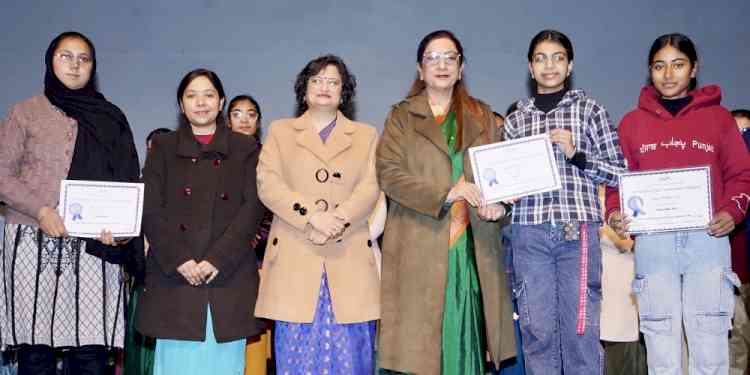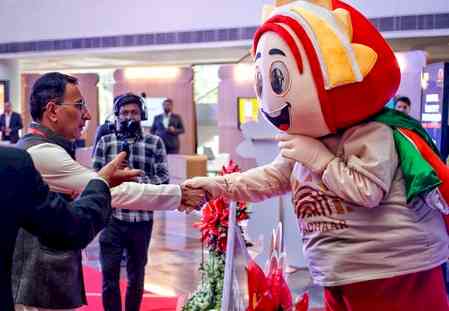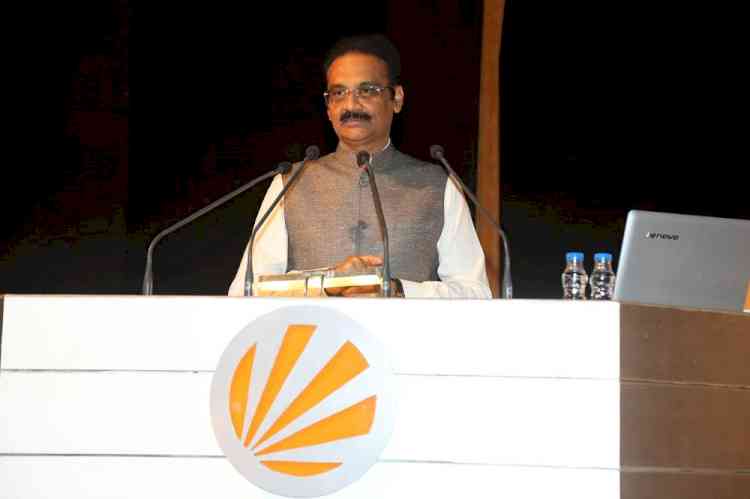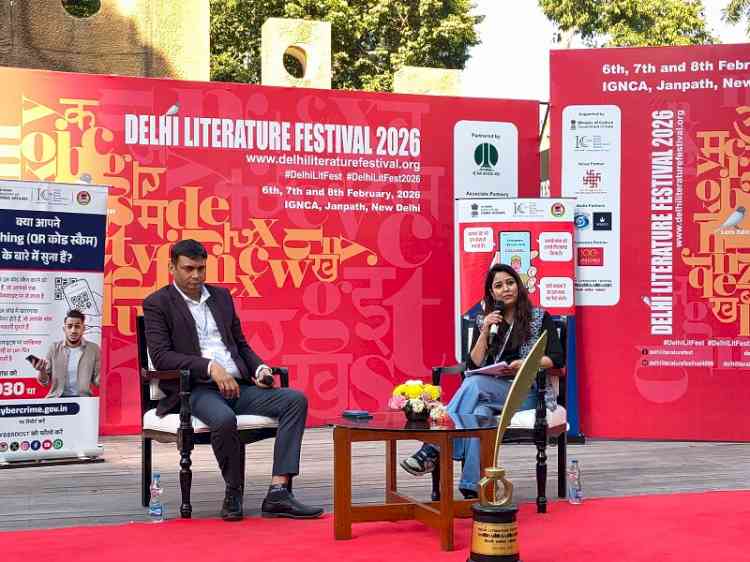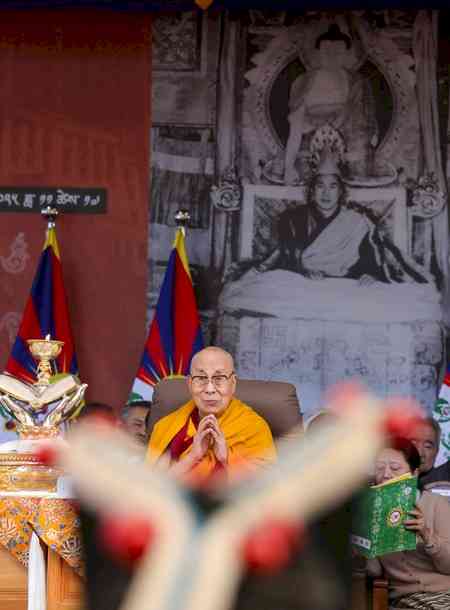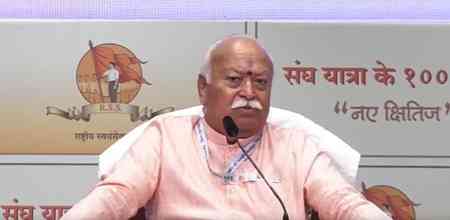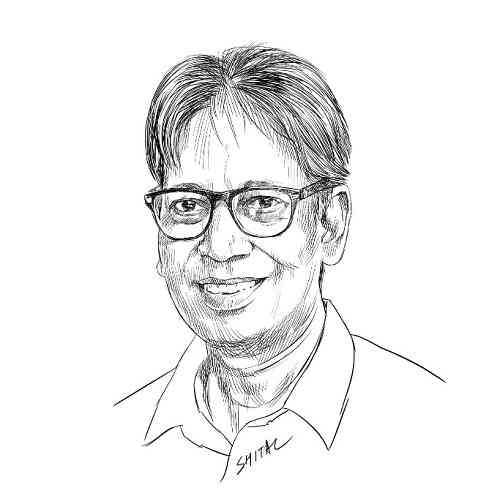Seminar Explores Transdisciplinary Approaches for More Effective Public Policy
The Department of Public Administration, Panjab University (PU), organised a special lecture on the topic “From Interdisciplinary to Trans-disciplinary Approaches in the Context of Public Policy and Politics.”
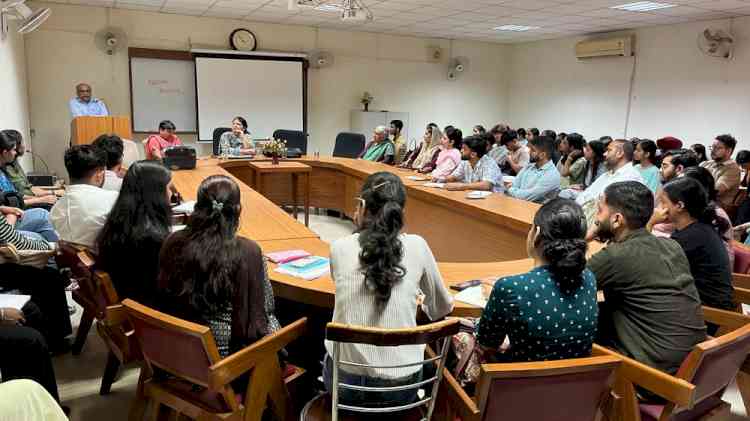
Chandigarh, September 20, 2025: The Department of Public Administration, Panjab University (PU), organised a special lecture on the topic “From Interdisciplinary to Trans-disciplinary Approaches in the Context of Public Policy and Politics.”
Rajesh Kumar from the School of Social Sciences, Guru Nanak Dev University, Amritsar, addressed the students under the lecture series – ‘Public Policy: Theory and Praxis’. The event witnessed active participation from faculty, research scholars, students, and policy practitioners.
Prof. Rajesh Kumar emphasised that the need of the hour in both academics and practice is to embrace interdisciplinary and multidisciplinary approaches, given the changing trends and the dynamic socio-political milieu shaped by challenges such as artificial intelligence, disaster management, and environmental issues. He explained the interdisciplinary (ID) approach as one where experts from multiple disciplines collaborate, highlighting its holistic perspective while also pointing out challenges such as lack of specialisation. He also discussed the motivation behind adopting ID, underlining its role in navigating complex societal and global issues through teamwork. Moving further, Prof. Kumar described the trans-disciplinary (TD) approach as the pinnacle of the continuum, where academic boundaries are not just bridged but dissolved. This approach, he stressed, involves the active participation of non-academic stakeholders—including policymakers, practitioners, and community leaders—making them equal partners in the knowledge-creation process.
Earlier, Dr. Bhawna Gupta, Chairperson of the Public Administration Department, welcomed the speaker and introduced the theme. She said that these approaches help us move from discipline-specific theory to cross-cutting practices and innovation. She said that for public policy and politics, trans-disciplinarity means not only studying them academically but also co-creating policy knowledge with politicians, bureaucrats, media, and civil society.
In her observations, Prof. Ramanjit K. Johal noted that the study of public policy and politics requires engagement across disciplinary boundaries, which can be understood through the lenses of multidisciplinary, interdisciplinary, and trans-disciplinary approaches. While politics determines policy priorities through agenda-setting and electoral promises, policies in turn reshape politics by influencing legitimacy, public opinion, and electoral outcomes. Together, these perspectives enrich our understanding of how governance is both an intellectual pursuit and a lived political process, she added.
The seminar concluded with an interactive Q&A session, where participants engaged Prof. Kumar with insightful questions.
The core message of the event was that to address contemporary challenges—from public health crises to climate change—academia must move beyond silos and embrace a trans-disciplinary model that combines scholarly rigour with practical wisdom, paving the way for policies that are not only effective but also sustainable and equitable.



 City Air News
City Air News 
